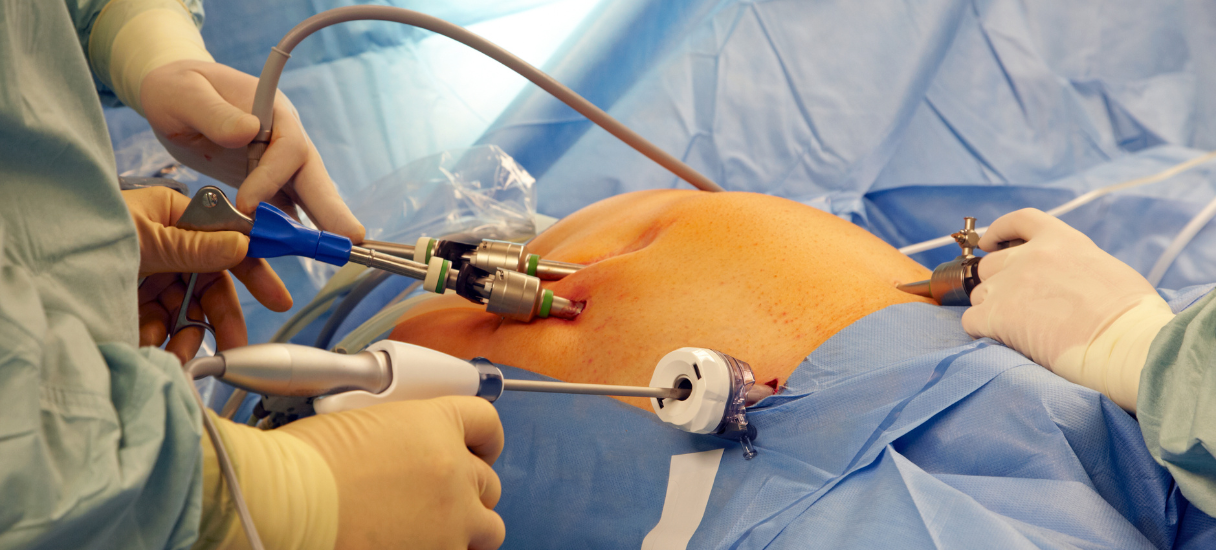Individuals who are struggling with substance misuse difficulties, particularly disorders related to the use of alcohol or drugs, frequently find that seeking assistance from groups such as Alcoholics Anonymous (AA) is a beneficial source of support. One of the most important factors that contribute to the facilitation of transformational changes in alcohol-related behaviors is the community orientation of these groups.
A significant number of people begin their path toward recovery by joining Alcoholics Anonymous, either on their own or as a component of a more comprehensive treatment program at healthcare institutions. When it comes to providing continuous treatment for persons who are struggling with drug misuse, Alcoholics Anonymous (AA) is an essential resource that operates independently of government financing.
The continuum of recovery from addiction is considered to be incomplete without the active engagement of the individual in Alcoholics Anonymous group meetings. During the beginning stages of therapy, individuals are presented with the principles of Alcoholics Anonymous (AA).
It is strongly suggested that they continue to attend meetings for at least the first year after treatment, and many persons continue to engage after treatment has concluded. In the early stages of recovery, ignoring these sessions can be damaging and might potentially lead to relapse.
The purpose of the research that was carried out by Jane Wittbrodt and Anders Romelsjo was to evaluate the efficacy of programs such as Alcoholics Anonymous one year after the beginning of treatment for addiction.
The researchers focused on the possible gender variations that may exist in the function that AA plays in the recovery process. The study included individuals from both the United States and Sweden. The data from treatment samples with identical designs were analyzed. There were 1,525 participants from Sweden and 926 people from the United States who participated in the study.
We looked at a number of different individual variables, such as demographics, the severity of addiction, and the reasons that motivate people to get help. We also looked at formal and informal impacts, such as treatment methods, mutual aid, components of coercion, and social factors. The purpose of the study was to shed light on the factors that are associated with requesting assistance in relation to attending AA meetings.
The findings showed that the rates of membership in mutual-help organizations such as Alcoholics Anonymous among men and women in both countries were equal. However, there was a significant difference in relation to attendance and the impression of abstinence as the major aim, with the United States customers having a greater preference.
Post-treatment engagement in mutual-help groups was impacted by a number of factors, including having an abstinence-oriented objective, having a perceived requirement for treatment, having workplace encouragement, and having attended past meetings. Gender emerged as another element that contributed to this phenomenon.
In light of the fact that relapse and recovery are repeated processes, the research highlights the necessity of mutual-help groups as an integral component of the complete treatment that is offered to persons who are struggling with addiction.
When it comes to the process of recovering from an addiction to alcohol or drugs, support groups like Alcoholics Anonymous and others like them are extremely important.
The responsibility and support that are established inside these groups are a vital asset, and the fact that Alcoholics Anonymous is easily accessible and reasonably priced makes it an appealing addition to the official treatment programs that are provided at rehabilitation centers.





